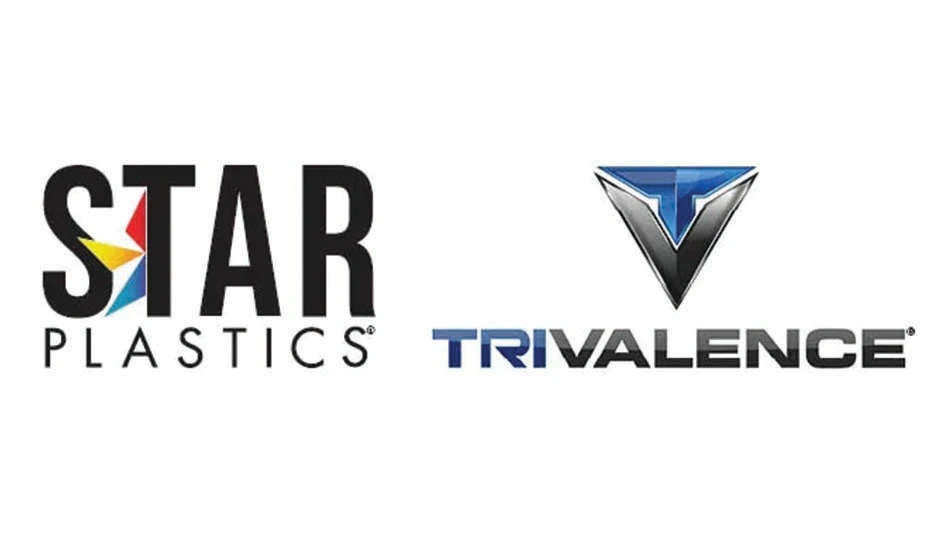
The European Commission (EC) has announced that 14 container lines have committed to improving their price transparency, which the EC says will reduce the likelihood of the container lines coordinating prices. To ensure the transparency remains in place, the EC has adopted a decision that renders legally binding the commitments offered by the 14 container line shipping companies.
The commitments address the EC's concerns that the container lines' practice of publishing their intentions on future price increases may have harmed competition and customers. The EC also claims that the practice may have raised prices on the market for container liner shipping services on routes to and from Europe, in breach of EU anti-trust rules.
Margrethe Vestager, the EC’s Commissioner in charge of competition policy, says, "Container shipping accounts for the vast majority of the nonbulk freight carried by sea to and from Europe. Competitive shipping services are therefore essential for European companies and for the EU's economy as a whole. The commitments offered by 14 carriers will make prices for these services more transparent and increase competition."
More than half of EU imports and exports are carried by sea, of which roughly 40% are shipped in containers.
The 14 companies agreeing to post and/or publicize their intended future increases are CMA CGM (France), COSCO (China), Evergreen (Taiwan), Hamburg Süd (Germany), Hanjin (South Korea), Hapag Lloyd (Germany), HMM (South Korea), Maersk (Denmark), MOL (Japan), MSC (Switzerland), NYK (Japan), OOCL (Hong Kong), UASC (UAE) and ZIM (Israel).
The price announcements, known as General Rate Increases (GRI), do not indicate the fixed final price for the service concerned but only the amount of the increase in U.S. dollars per 20-foot equivalent unit (TEU), the affected trade route and the planned date of implementation.
Prior to the container lines making the decision to become more transparent with their prices, the EC expressed concerns that GRI announcements did not provide full information on new prices to customers but merely allowed carriers to be aware of each other's pricing intentions and may make it possible for them to coordinate their behavior.
Announcing future price increases may signal the intended market conduct of carriers and, by reducing the level of uncertainty about their pricing behavior, decrease their incentives to compete against each other. Because the announcements provide only partial information to customers and may not be binding on the carriers, customers may not be able to rely on them and therefore carriers may be able to adjust prices without the risk of losing customers.
The EC added that this practice may lead to higher prices for container liner shipping services and harm competition and customers, in breach of EU and European Economic Area (EEA) competition rules' ban on concerted practices between companies.
To address the Commission's concerns, the carriers offered the following commitments:
- Carriers will stop publishing and communicating GRI announcements.
- Carriers will announce figures that include at least the five main elements of the total price (base rate, bunker charges, security charges, terminal handling charges and peak season charges if applicable).
- Price announcements will be binding on the carriers as maximum prices for the announced period of validity (but carriers will remain free to offer prices below these ceilings).
- Price announcements will not be made more than 31 days before their entry into force, which corresponds to the period when customers usually start booking in significant volumes.
- The commitments will not apply to both communications with purchasers who already have an existing rate agreement in force on the route to which the communication refers and communications during bilateral negotiations or communications tailored to the needs of specific identified purchasers.
The European Commission (EC) has made the commitments legally binding on the carriers for a period of three years, starting from 7 December 2016.
In making the announcement, the EC noted that it opened formal antitrust proceedings on its own initiative to investigate the practice of publishing GRI announcements in November 2013. The EC invited comments from interested parties on the commitments offered by the carriers earlier this year.
If a company breaks the commitments, the EC can impose a fine of up to 10% of the company's worldwide turnover, without having to find an infringement of the EU antitrust rules.
A policy brief on commitment decisions under Article 9 is available here. http://ec.europa.eu/competition/publications/cpb/2014/003_en.pdf
Latest from Recycling Today
- Toyota-Tsusho completes acquisition of Radius Recycling
- CATL, Ellen MacArthur Foundation aim to accelerate circular battery economy
- Commentary: Expanded polystyrene: 98 percent air, 2 percent plastic, 100 percent misunderstood
- AMCS appoints general manager for North America
- How tariffs, regulations affect LIBs recycling in US, EU
- Schwan Cosmetics introduces packaging free of styrene, ABS
- Aimplas coordinates EU project focused on solar panel circularity
- Fresh Perspective: Brandon Sacca





